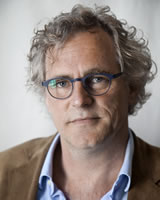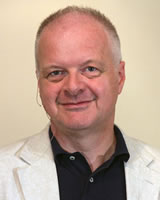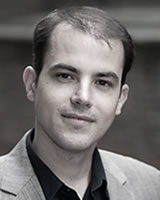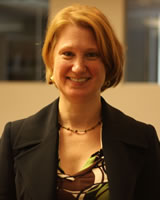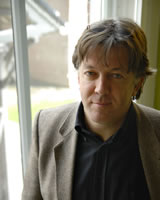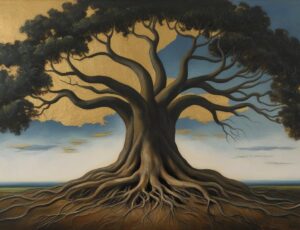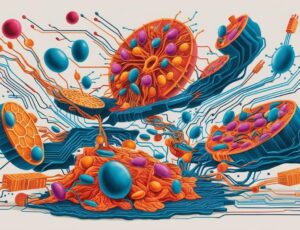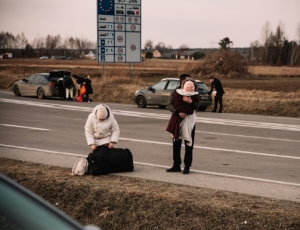Terrorscapes. Transnational Memory of Totalitarian Terror and Genocide in Postwar Europe
Year Group 2012/13
About the topic
This research project aims to reveal how Europe’s WWII topography of memory has expanded over the years, and how it has completely been transformed by the integration of new member states into the European Union in the last decade. For after a period of commemorating the Second World War along national and often nationalist lines, Auschwitz and other Holocaust and Nazi terror related sites gradually developed into significant icons of modern European identity. This development was enhanced by the fall of the Berlin Wall and, most significantly, by the war in former Yugoslavia, demonstrating what important role the horror of terror, ethnic conflicts and genocide play in politics, history and heritage. Yet in Southern and Eastern European countries, due to the competing legacy of dictatorship and totalitarian rule, including Nazi genocide on non-Jewish populations and mass terror tied to civil war and Soviet occupation before and after the Second World War, the horror of Auschwitz often has a less privileged status.
Focusing on transnational memory and terrorscapes, by comparative research at iconic sites as well as newly recovered places and traces, the project is expected to contribute to a deeper insight, for academics as well as heritage professionals, into processes of memory making as well as forgetting and the negotiation of contested memories of conflicted pasts.
Rob van der Laarse and Georgi Verbeeck, Theme Group Coordinators
Members
Rob van der Laarse, University of Amsterdam
Francesco Mazzucchelli, University of Bologna
Robert Jan van Pelt, University of Waterloo, ON
Carlos Reijnen, University of Amsterdam
Karen Till, National University of Ireland, Maynooth
Georgi Verbeeck, Maastricht University
External participants:
Britt Baillie, University of Cambridge
Gilly Carr, University of Cambridge
Marek Jasinski, Norwegian University of Science and Technology, Trondheim
Anna-Kaisa Kuusisto-Arponen, University of Tampere
Caroline Sturdy Colls, Staffordshire University
Geneviève Zubrzycki, University of Michigan, Ann Arbor
